ANALYSIS
The European Council and the Parliament in Strasbourg agreed on the nominations to top EU positions. The proposal of high profile candidates and the negative interpretation – more frequent than not – given by news media. Yet democracy requires patience, programming and, occasionally, compromise solutions. Moreover, a new wall between Eastern and Western Europe must be averted.

Past July 2 EU leaders put forward four nominees to key EU positions – President of the European Commission, Council, ECB and the High Representative for Foreign Affairs. Nominees were finally agreed shortly after the European elections of May 26. Leading positions were assigned to high profile people with great experience in European and international affairs and high-standing political and professional reputation.
Two women, two men – gender equality for the first time – balancing out Christian-democrats, social-democrats and Liberal political groups, all four of them staunch pro-Europeans.
It can be described as a steadfast team, capable of forestalling the dangers of nationalists and demagogues.
With Germany’s Ursula von der Leyden, French Christine Lagarde, Belgian Charles Michel, Spain’s Josep Borrell, and with the election of Italy’s David Maria Sassoli to the presidency of the European Parliament (thereby confirming Italy’s commitment to Europe, despite the “restlessness” of its present leadership), the EU will be led by its founding partners, thereby rekindling the French-German engine.
Yet almost all comments in the press are negative.
News reports describe a situation of confusion, cacophony, a laborious delivery, endless negotiations, etc. The extent to which news media fail to analyse events with lucidity and the tendency to report in a systematically negative key is rather impressive.
Indeed, the negotiations were far from simple given the new configuration of Parliament, whose majority is no longer held by EPP-S&D alone, with a greater presence of Liberals and Greens, nationalist factions, along with the support won by French President Emmanuel Macron. It’s an overall complex picture, with 28 Members (soon to drop to 27, owing to Brexit), 28 political traditions and cultures. It takes time to discuss, appraise and examine all possible options against a challenging European and international backdrop, without forgetting that Euro-Parliament elections were marked by uncertainty, by Brexit’s tensions, anti-European statements by the so-called illiberal governments of Central European countries, the thorny issue of migration, Russian and American pressure…
It goes without saying that appointments are easier to make in Putin’s Russia or Xi Jin Ping’s China! But Europeans can be proud of their democracy and the building of a united Europe.
Robert Schuman said it as far back as 1950: Europe will be built gradually, overcoming difficulties, but it will bring peace into a continent torn by wars, and it will stand as an example of democracy, based on mutual understanding and reaching compromise solutions when needed. The greatness of European democracy lies in its ability to negotiate, to discuss and identify mutually acceptable solutions.
Yet at the same time, national governments must not forget the weaknesses of the EU, namely, the hitherto unrequited aspiration of peoples to participate in decision-making; the fact that nominations were merely confirmed (and therefore somewhat “endured”) by Parliament, which is also distant from the peoples; not to mention a considerable risk of division between East and West, coupled by a substantial distance of views re the economic, social, cultural domains (and we should never forget that Europe breathes “with two lungs”, as John Paul II used to recall). Indeed, the latest nominees are all from the Western founding countries, leaving out recent Members that recovered from Communist rule. A new –invisible yet tangible – wall separating Eastern and Western Europe must be absolutely avoided.
The new leaders are faced with major challenges in maintaining a strong and vibrant democracy in the European Union.